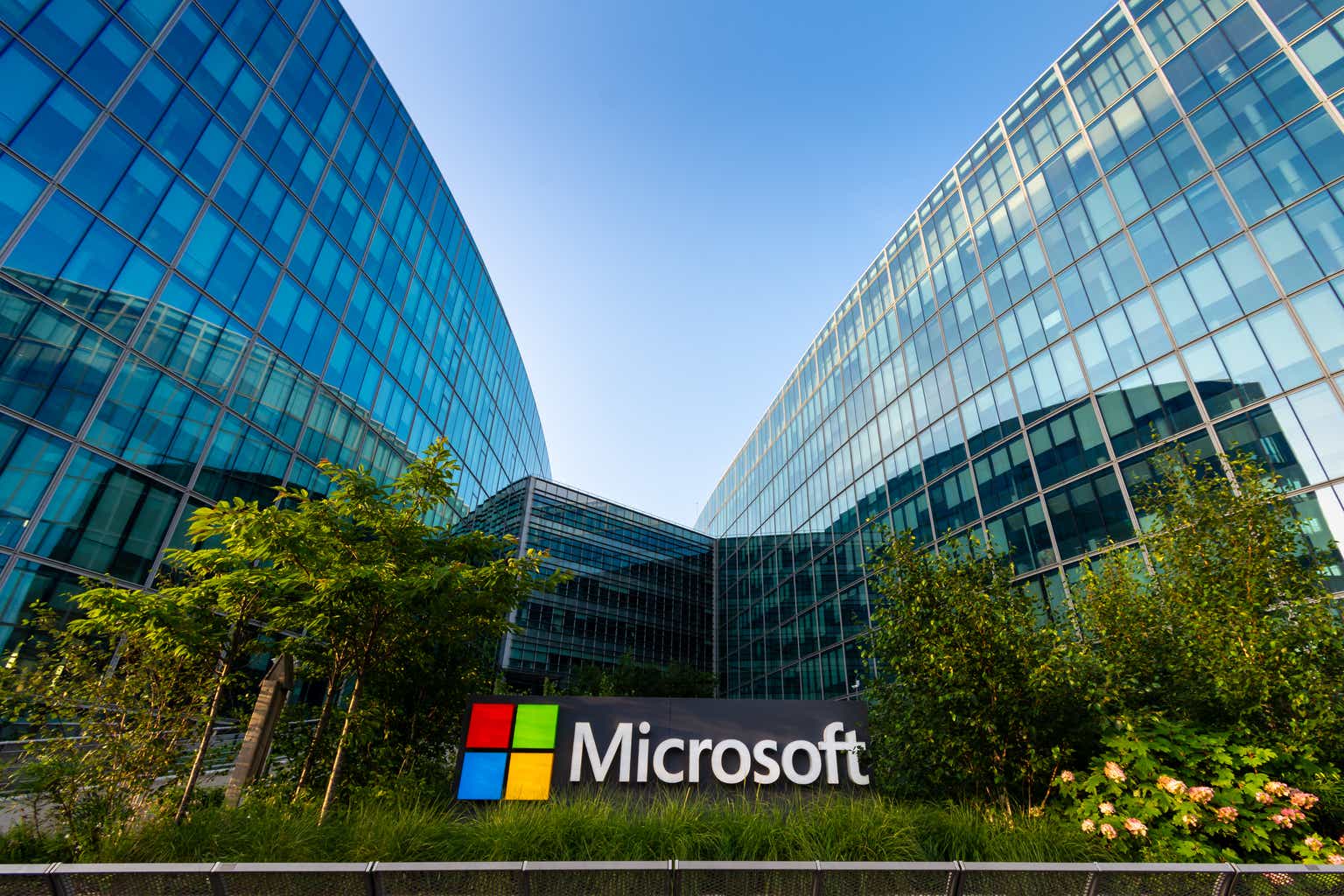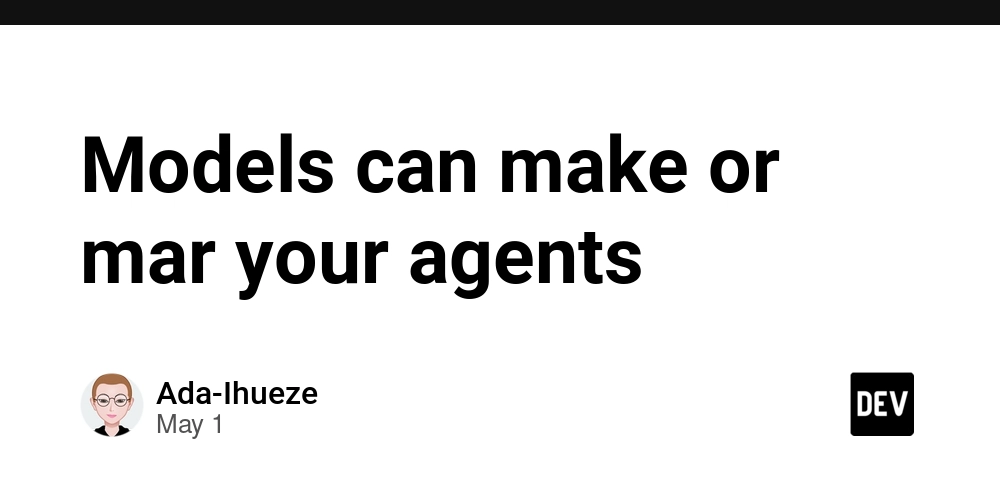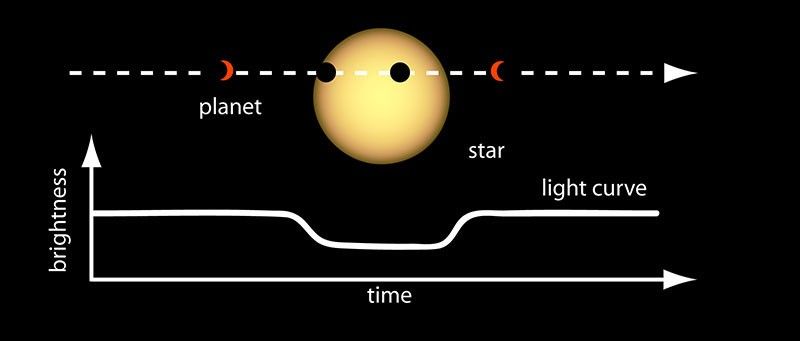Carrots and sticks: How Google, Microsoft, and Meta are reshaping performance management
Big Tech companies are prodding staff to do more with less through a mix of rewards and consequences, reflecting a shift toward leaner operations.
DNY59/Getty Images
- Silicon Valley is shifting from perks to performance, emphasizing rewards and consequences.
- Google, Microsoft, and Meta are adopting stricter performance management to drive excellence.
- Tech firms are focusing on efficiency amid AI growth and Wall Street's demand for productivity.
In Silicon Valley, the message is clear: the era of cushy perks and low accountability is over.
Big Tech is undergoing a cultural reset, combining generous rewards for high performers — the "carrots" — with increasingly sharp consequences for those who don't meet expectations — the "sticks."
At Google, Microsoft, and Meta, performance management has become both an incentive engine and a weeding tool, reflecting the broader industry shift toward leaner, more intense workplaces. Alistair Barr
Google: More rewards for the exceptional
Google is nudging employees toward higher performance by sweetening the pot for top contributors. The company recently updated its performance review system, allowing more employees to qualify for higher performance ratings, which come with bigger bonuses and equity grants.
However, these changes are "budget-neutral," meaning increased rewards for high performers will come at the expense of those rated in lower tiers — reinforcing the push for excellence with some consequences for those who might be planning to rest and vest.
Microsoft: Opt-out or be managed out
Microsoft, meanwhile, is rolling out a more aggressive "stick" policy. The company now offers underperforming employees a stark choice: take a 16-week payout and leave voluntarily, or enter a formal Performance Improvement Plan (PIP) with defined expectations and deadlines.
Those who enter the PIP and fall short may be ousted, and they won't get the payout. They will also be blocked from being rehired for two years.
This approach is similar to Amazon's controversial "Pivot" program and signals Microsoft's intent to eliminate ambiguity around performance standards. Earlier this year, Microsoft terminated 2,000 employees deemed low performers, without severance, further underscoring its no-nonsense shift.
Meta: Performance cuts and block lists
Meta has recently embraced performance-based culling, too. The intense review process is now designed to cut about 5% of Meta's workforce, deemed to be its lowest performers.
An internal memo obtained by Business Insider earlier this year suggests that the company wants to make performance-based layoffs an annual thing, under a policy of "non-regrettable attrition."
Adding to the harshness is Meta's use of internal "block lists" that bar certain former employees from being rehired. Even high performers laid off during earlier rounds have found themselves inexplicably blocked from returning, despite support from hiring managers.
The broader shift: Pressure, not perks
These strategies reflect a wider recalibration in tech culture. As AI investment surges and Wall Street demands efficiency, companies are pressuring workers to "do more with less."
Tech leaders, from Google to Meta, have explicitly linked success to intensity and ruthless execution. Performance ratings are now a make-or-break proposition, not just a career checkpoint.
The "carrots" are richer than ever for top-tier employees. But the "sticks" are sharper, more frequent, and often final.













![[DEALS] Mail Backup X Individual Edition: Lifetime Subscription (72% off) & Other Deals Up To 98% Off – Offers End Soon!](https://www.javacodegeeks.com/wp-content/uploads/2012/12/jcg-logo.jpg)






























































